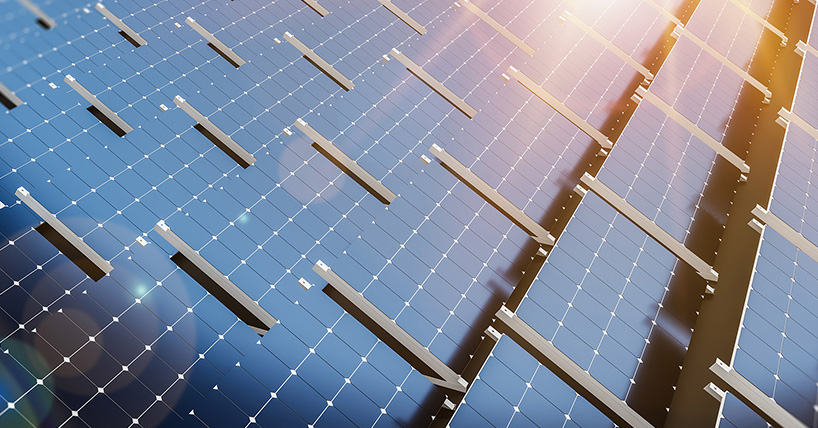Latest Events
15 results

StuBrew 10th Anniversary celebrations
CLAC will be collaborating with StuBrew as part of their 10th Anniversary celebrations.
Date
Time Location
Time Location
25 October 2024
This event will last an hour. 17:00 Newcastle University Students' Union
This event will last an hour. 17:00 Newcastle University Students' Union

Building International Partnerships: Perspectives from Latin America and the Caribbean
Date
Time
Location
5 June 2025
10:00
Henry Daysh Building (Room 1.02).